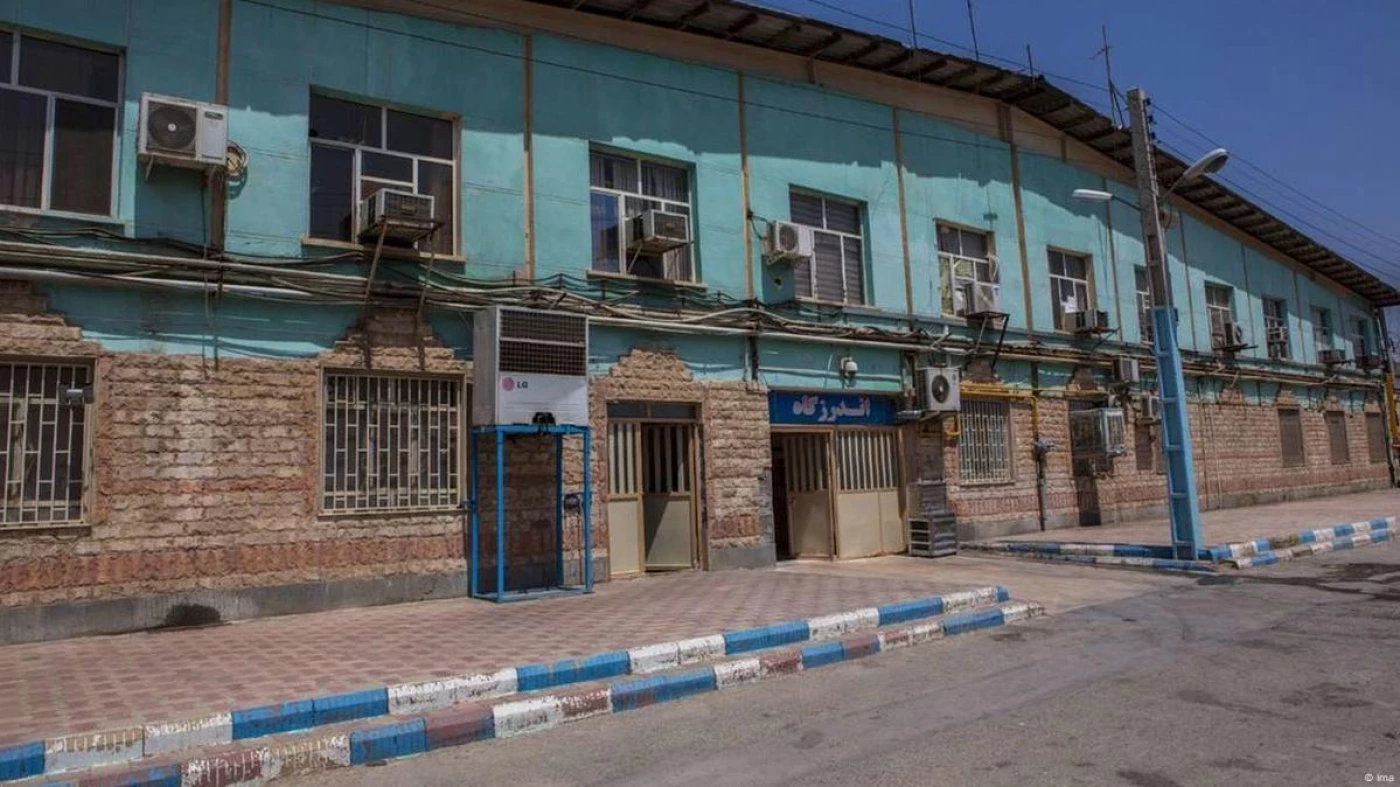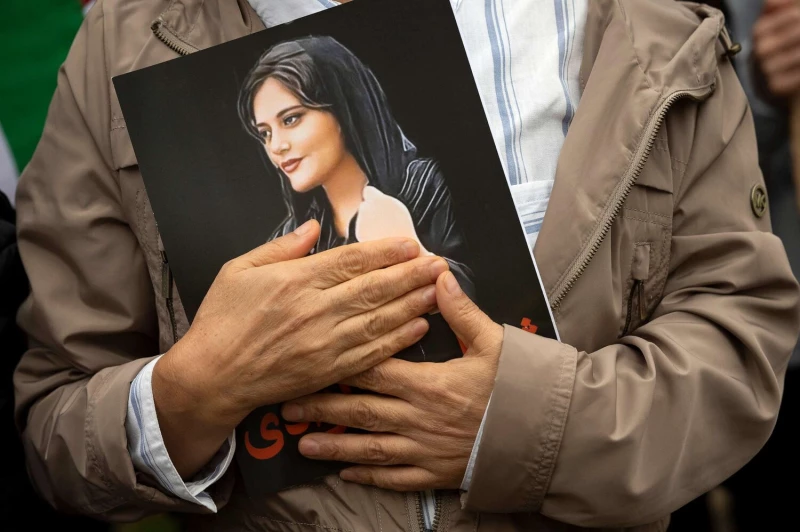ERBIL, Kurdistan Region of Iraq - The US on Wednesday strongly condemned Iran’s “brutal denial of medical care” for prisoners, resulting in the death of three women inmates in recent weeks, accusing the authorities of using false reports for their cause of death “to cover up its crimes.”
In just 14 days, Somayeh Rashidi, Jamileh Azizi, and Soudabeh Asadi “fell victim to the regime’s brutal denial of medical care and tragically lost their lives in Qarchak Varamin Prison,” read a statement in Farsi from the US Department of State on Wednesday.
“The United States strongly condemns these horrific abuses and calls on Iran to respect prisoners’ rights and end its use of medical care as a tool to suppress dissent,” it added, noting that the 45 female political prisoners in Qarchak Varamin Prison issued a statement condemning the inhumane treatment of Rashidi and other prisoners.
The inmates of Qarchak Prison’s political ward denied allegations reported by the semi-official Tasnim news agency that Rashidi was “addicted to drugs,” and detained for her “involvement with the Mujahedin-e Khalq Organization,” accusing her of carrying out “at least 10 missions” such as arson attacks on mosque entrances and bases of the Islamic Revolutionary Guard Corps’ (IRGC) paramilitary Basij force.
The prisoners said that Rashidi “was neither addicted to drugs nor suffered from a specific mental illness” and had been living with epilepsy since her first imprisonment.
They added that prison and security officials “took no action to facilitate her release” despite her repeated severe seizures and her persistent efforts to secure bail, set at three billion tomans (over $26,000), which her family could not provide.
They further warned that others remain at risk, citing the recent deaths of two inmates in Qarchak, and demanded urgent measures “to release prisoners over 60 years of age, as well as our prisoners with dangerous health conditions.”
On Thursday, Rashidi, a 42-year-old political prisoner from Tehran, died after falling into a coma caused by illness and the denial of medical treatment while held in Qarchak Varamin Prison, Oslo-based Hengaw Human Rights organization reported.
Asadi and Azizi died in similar circumstances last week in the same prison, Hengaw added.
The US said Iran’s denial of health care is “just one of the ways the regime has used to suppress dissent,” including denying treatment to injured protesters, forcing doctors to remain silent, and falsifying death reports to “cover up its crimes.”
Iran’s prisons, including Evin and Qarchak, have faced widespread international criticism over their treatment of detainees, particularly political prisoners. Watchdogs have criticized Iranian authorities for denying treatment to injured protesters and forcing doctors to falsify autopsy reports to cover up the violations.
Iran has also faced international condemnation for its detention and trial practices, particularly regarding political prisoners, journalists, and activists. Trials are described as lacking fairness, with confessions obtained under duress sometimes used as evidence.



 Facebook
Facebook
 LinkedIn
LinkedIn
 Telegram
Telegram
 X
X


